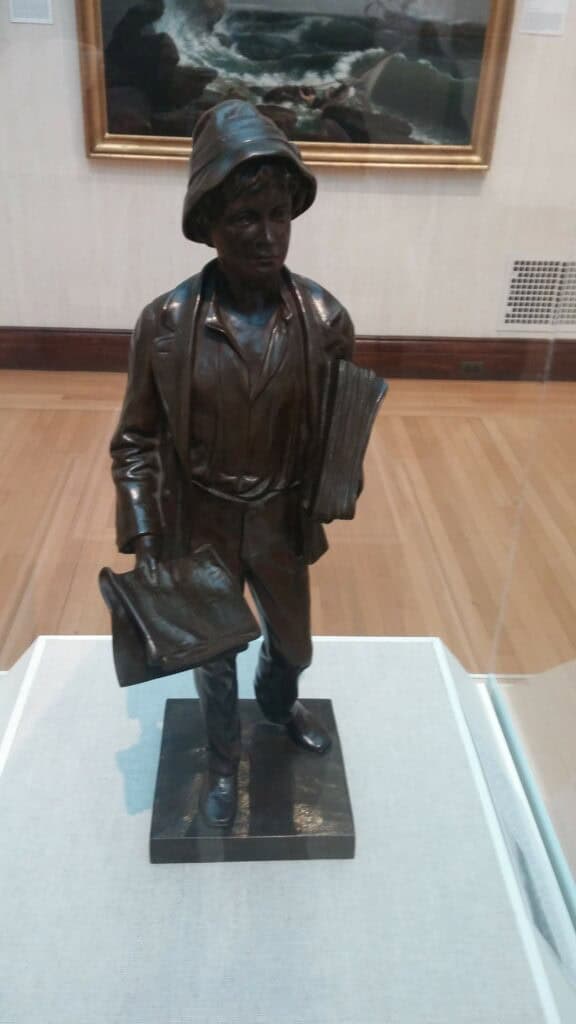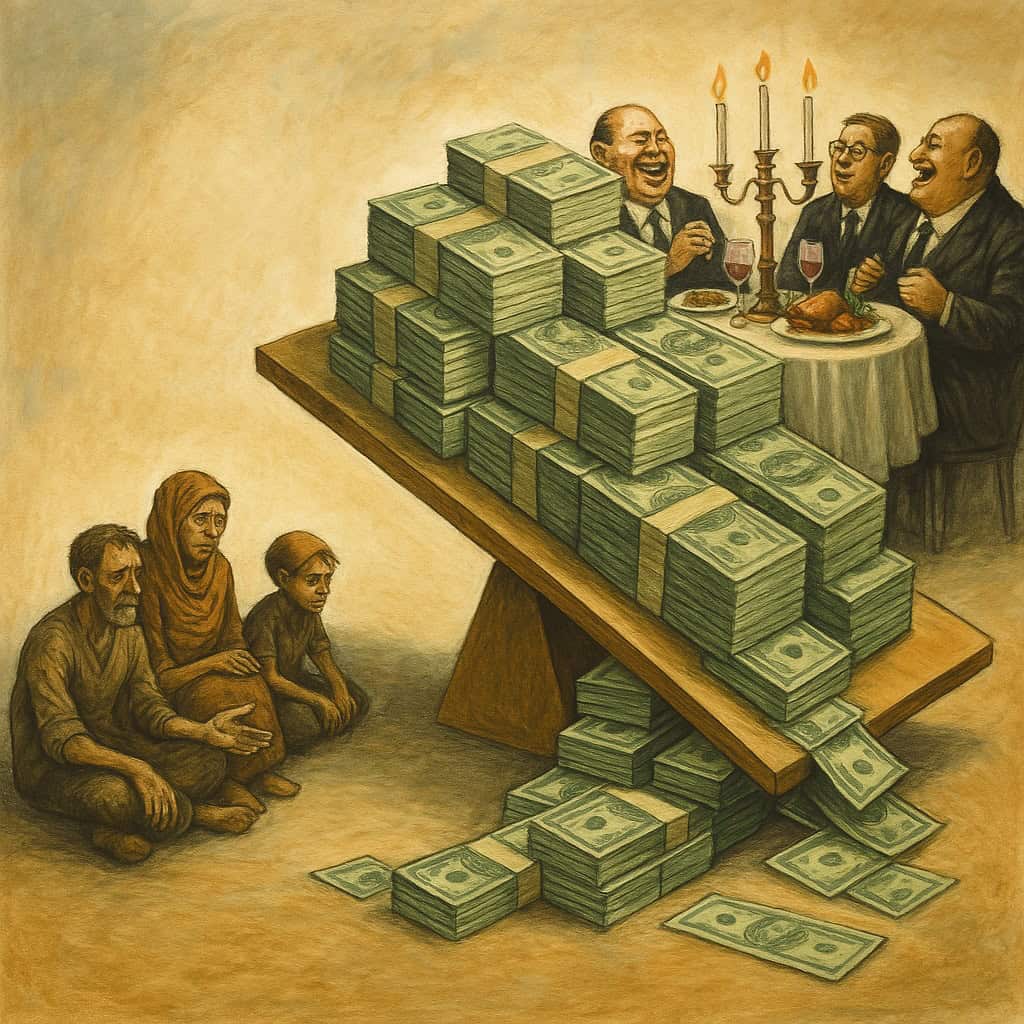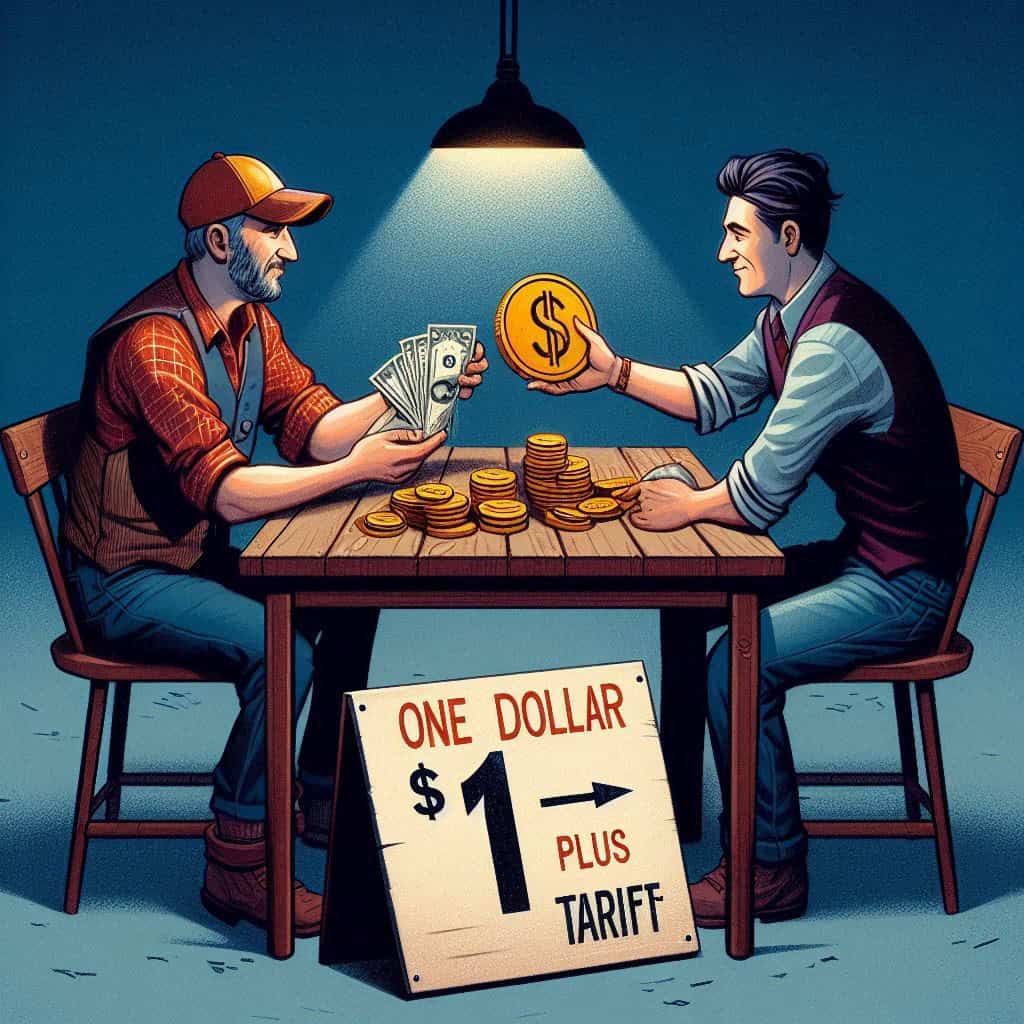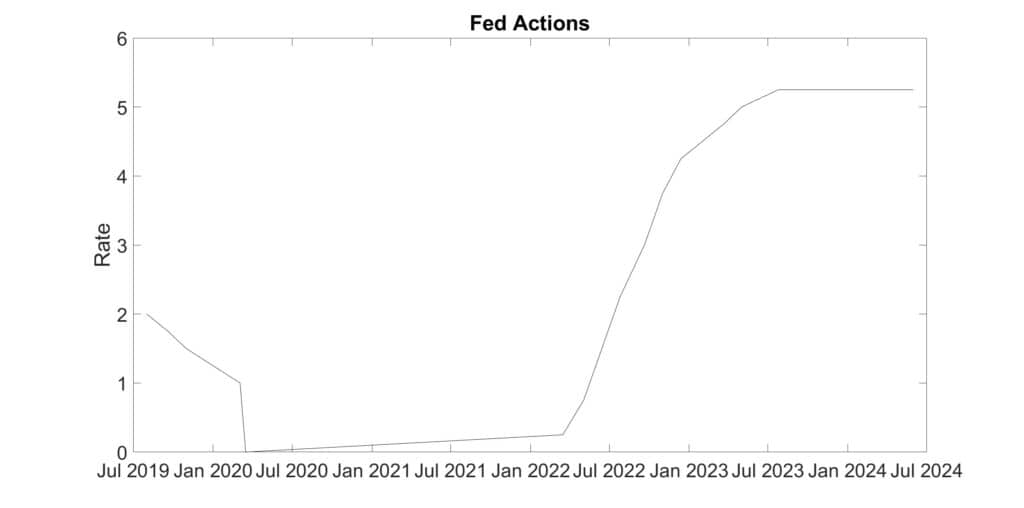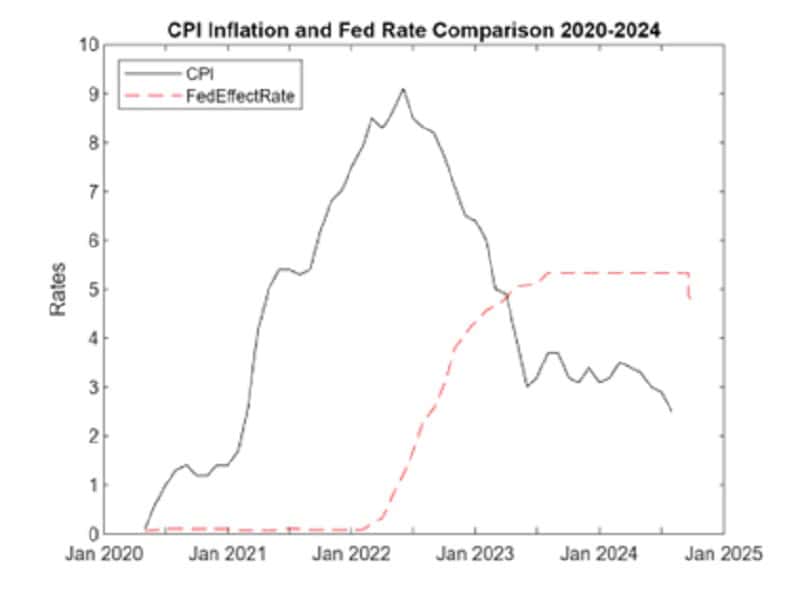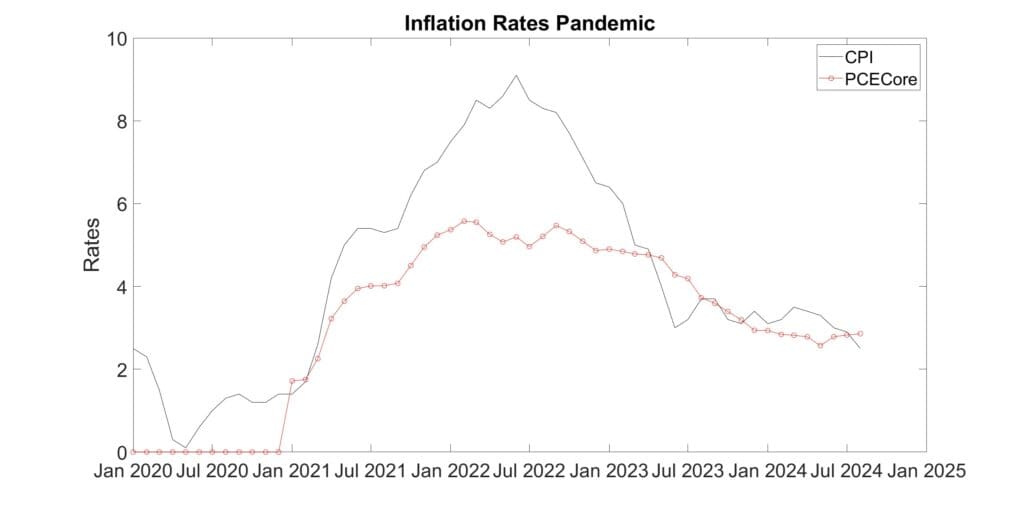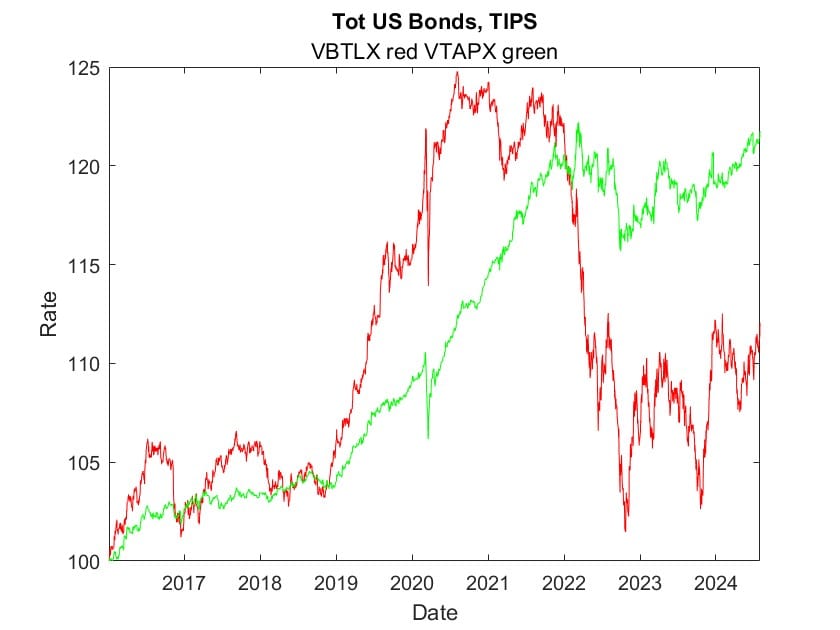Law of Selfish Action
If I find a way to pay no taxes, I improve my lot in life. I have more money left over to dispose of as I consider best.
Are there any short-comings to this approach?
Ignored Assumptions
The implicit assumption is that all other things remain the same. I’m still counting on the same protection
- Of law and order. Police, fire, and courts
- Against foreign enemies. The armed forces, diplomatic missions
- Against unfair business deals, by regulations and oversight of commercial arrangements
- Education of children as citizens and work force of tomorrow
- Infrastructure—water, electricity, roads, airports, etc—that support daily line
Unintended Consequence
Yet all of these assumptions depend on tax revenues, which are lessened with each person and corporation who avoid paying their taxes. If everybody evades their income taxes, then we can’t afford all the implicit features of our society. We lose the requirements for civilization.
Law of Selfish Action
Many people fall prey to this fallacy of composition in everyday actions. They avoid paying fees when possible. They speed wildly when unobserved. Some people put in false bids to affect the price of goods they desire. If everyone took this self-centered actions, the gain the individuals had secured would be lost amidst system change. Pleasant parks wouldn’t have funds to be maintained, vehicular accidents would rise, and the prices of goods would no longer reflect the intersection of supply and demand.
A selfish action by one person may be good for that person, but if all people make the same decision—it can be bad for everyone.

